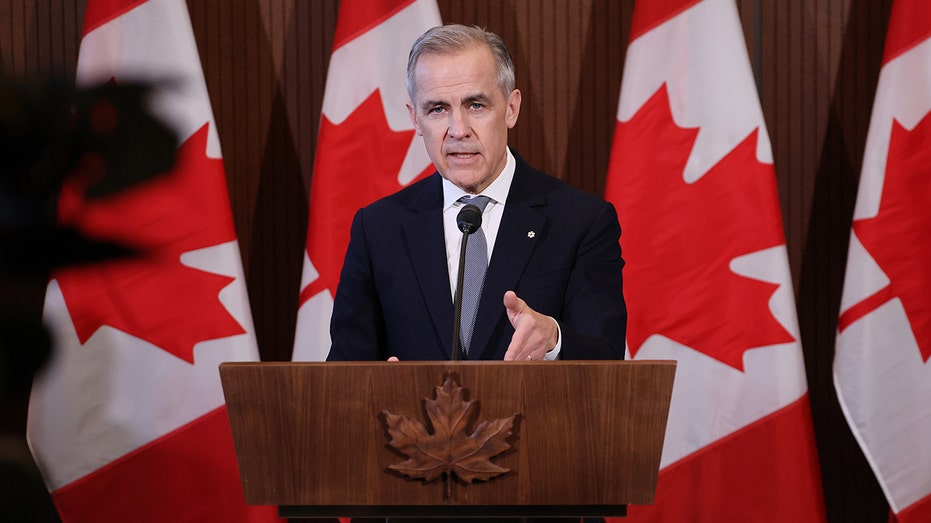Canadian Prime Minister Mark Carney Accused of Plagiarism in Oxford Thesis
Canadian Prime Minister Mark Carney is facing allegations of plagiarism in his 1995 doctoral thesis at Oxford University. The report comes as Carney is seeking re-election next month, with Canadian voters heading to the polls on April 28.
Instances of Plagiarism Found in Carney’s Thesis
The National Post reviewed Carney’s thesis, titled “The Dynamic Advantage of Competition,” with three university experts who found at least 10 instances of apparent plagiarism. These experts pointed out that Carney had copied full quotes, paraphrased ideas, and slightly modified sentences from four different sources without giving proper credit.
Experts Confirm Plagiarism
Geoffrey Sigalet, a professor at the University of British Columbia who handles academic misconduct cases, stated that Carney’s direct repetition of ideas without proper quotations constitutes plagiarism. The experts agree that Carney’s thesis appears to meet the definition of plagiarism as defined by Oxford University.
Carney’s Defense and Supervisor’s Statement
Carney’s campaign responded to the allegations by providing a statement from his former Oxford supervisor, Margaret Meyer. She dismissed the accusations, stating that she saw no evidence of plagiarism in Carney’s thesis and that his work was thoroughly researched and approved by a faculty committee. Meyer also mentioned that overlapping language is common when sources are regularly referenced.
Examples of Plagiarism
One key example from the National Post’s report shows Carney closely copying a passage from economist Michael E. Porter’s book, “The Competitive Advantage of Nations.” Carney’s thesis included a nearly identical sentence from Porter’s original work. Carney is also accused of copying sections from other articles, with only minor wording changes.
Plagiarism Throughout the Thesis
The evidence of plagiarism is not limited to one part of Carney’s thesis but appears throughout the entire document, according to Sigalet. Even small wording changes without proper citation are considered plagiarism.
Consequences of Plagiarism
Oxford University defines plagiarism as presenting work or ideas from another source as one’s own without proper acknowledgment. Plagiarism is a serious offense that can lead to penalties, including expulsion. Sigalet emphasized that even when rewording something, proper citation is necessary.
Carney’s Background and Criticism
Carney, a former Bank of Canada and Bank of England governor, has had a high-profile career with roles at Goldman Sachs and Brookfield Asset Management. However, he has faced criticism for his elite background and globalist tendencies.
Previous Plagiarism Cases
Plagiarism allegations have led to resignations and revoked degrees for politicians and academics in the past. Last year, Harvard University’s president Claudine Gay stepped down amid plagiarism claims, although she denied any wrongdoing.
Carney’s Stance on President Trump
Carney has been an outspoken critic of President Trump, particularly in the ongoing tariff battles between Canada and the United States.



